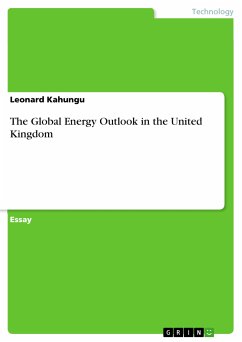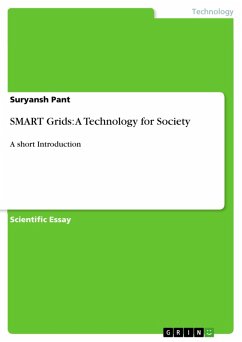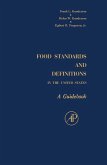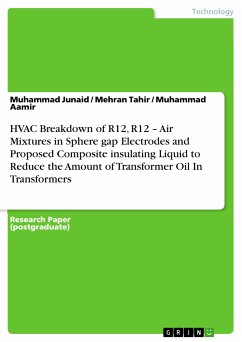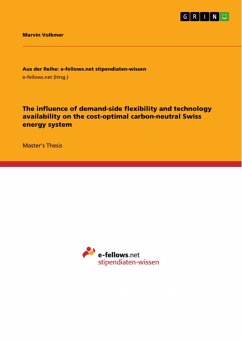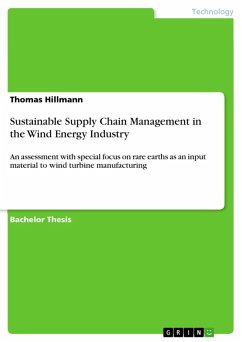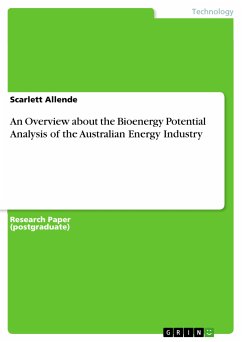Essay from the year 2018 in the subject Engineering - Power Engineering, grade: 80.00, Kenyatta University, language: English, abstract: Sustainable energy supply is increasingly becoming a paramount concept within the concepts of state security, economic and sociopolitical prosperity. European Union (EU) classification integrates energy supply in the provisions of general economic underscores the significance of achieving energy sustainability. Nonetheless, energy sustainability is not an interpretation or emphasis of energy independence or natural financial systems in the contemporary fiscal structure. As a consequence, energy regulation processes in attempts to achieve sustainability has intensified across different regions across the world, including the European Union. Energy policies within the EU region are crafted to guarantee sustainability and security in energy supply among the participating countries. These regulatory frameworks are often aligned with prevailing socioeconomic and political situations. For instance, it is estimated that the ongoing Baltic Pipe project will reinforce the sustainability and security of energy supply throughout the Central and Eastern Europe. The resulting benefits are attributed to energy source diversification, which protects the EU from an imminent crisis. This underscores the significance of evaluating potential opportunities influenced by the existing energy viewpoints in transnational energy projects. In particular, the PESTLE utilities provides a systematic analytical approach for establishing the impact of transnational energy collaborations as manifested by the Baltic Pipe on energy security in the EU region.
Dieser Download kann aus rechtlichen Gründen nur mit Rechnungsadresse in A, B, BG, CY, CZ, D, DK, EW, E, FIN, F, GR, HR, H, IRL, I, LT, L, LR, M, NL, PL, P, R, S, SLO, SK ausgeliefert werden.

